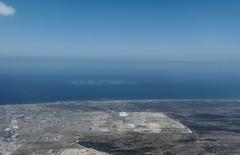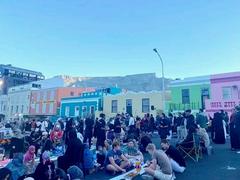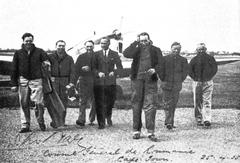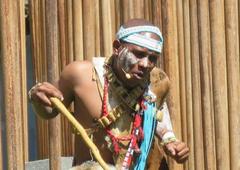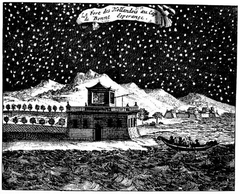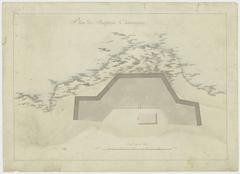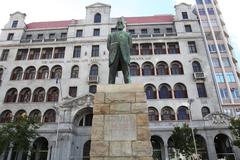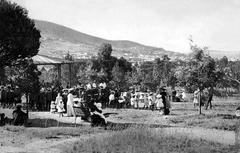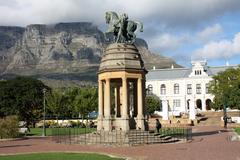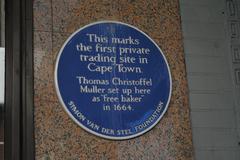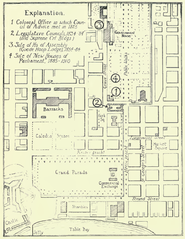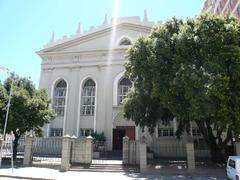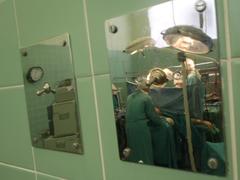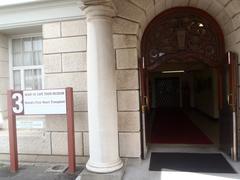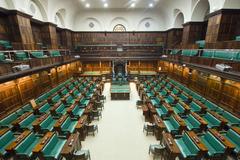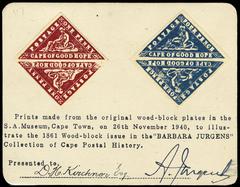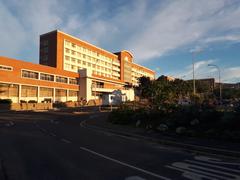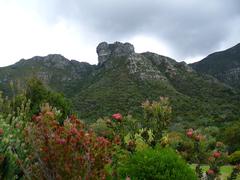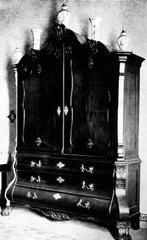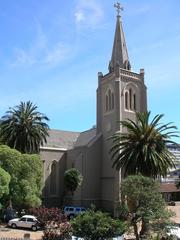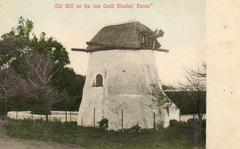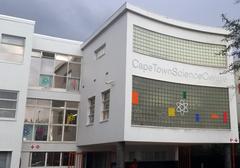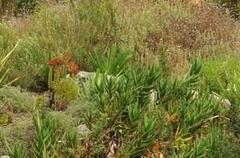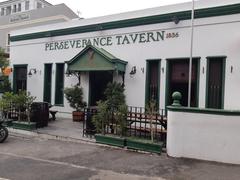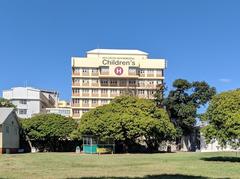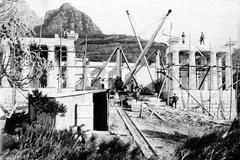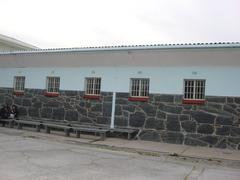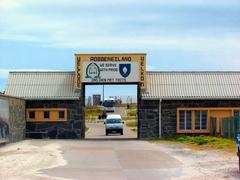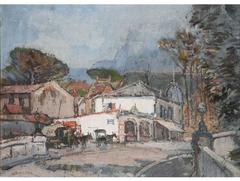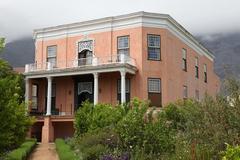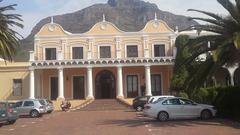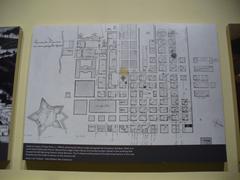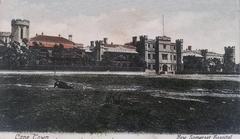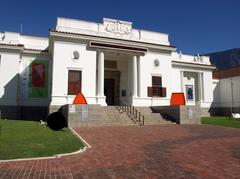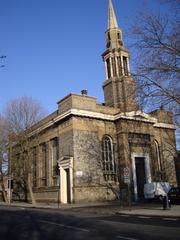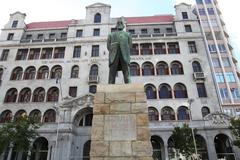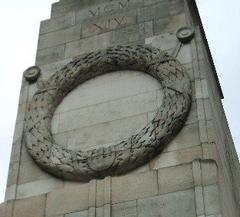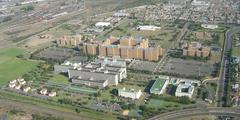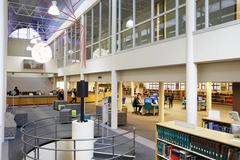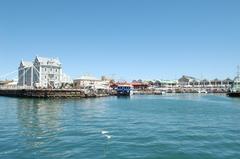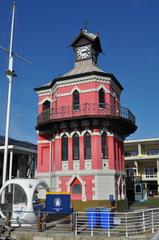Cape Medical Museum: Visiting Hours, Tickets, and Cape Town Historical Sites
Date: 14/06/2025
Introduction
The Cape Medical Museum, located in the historic New Somerset Hospital complex in Green Point, Cape Town, is a unique institution dedicated to preserving and showcasing the medical heritage of the Western Cape. The museum offers a comprehensive exploration of both Western medical advancements and traditional indigenous healing practices, reflecting the region’s diverse cultural tapestry. With its authentic Victorian architecture, carefully curated exhibits, and educational programs, the Cape Medical Museum is a must-visit for history enthusiasts, medical professionals, and curious travelers alike (Western Cape Government; Lonely Planet; SA-Venues).
This guide provides essential information on visiting hours, ticket prices, accessibility, guided tours, and nearby attractions, along with insights into the museum’s exhibits and historical context.
Table of Contents
- Historical Background
- Medical Heritage of the Cape
- Milestones in South African Medical History
- Visitor Information
- Museum Layout and Atmosphere
- Exhibitions and Highlights
- Educational Programmes and Guided Tours
- Visitor Engagement and Special Events
- Practical Tips for a Memorable Visit
- Frequently Asked Questions (FAQ)
- Nearby Amenities and Accommodation
- Summary and Visitor Tips
- References and Further Reading
Historical Background
Origins and Establishment
The Cape Medical Museum is housed within the New Somerset Hospital, established in 1859 during the governorship of Sir George Grey (Western Cape Government). The museum’s location and architecture reflect the evolution of healthcare in the Western Cape, serving as a living testament to the region’s medical advancements. The institution’s mission aligns with South Africa’s late 20th-century movement to honor both scientific and cultural achievements.
The New Somerset Hospital: A Historical Setting
The New Somerset Hospital, built to replace the original Somerset Hospital, features Victorian-era design with spacious wards and high ceilings. The preserved interiors provide an immersive backdrop for the museum’s exhibits, transporting visitors to an earlier era of medical practice (LekkeSlaap).
Medical Heritage of the Cape
Western Medicine
Exhibits trace the development of Western medicine from the 19th century onwards, featuring original surgical instruments, a Victorian dentist’s surgery with a foot-driven drill, and a reconstructed early 20th-century operating theatre. The dispensary room showcases pharmaceutical evolution through potion bottles and tools from the early 1900s (LekkeSlaap).
Traditional Medicine and Indigenous Knowledge
A dedicated section explores traditional Xhosa healing, including Sangoma rituals, medicinal plants, and animal-derived remedies. These displays foster appreciation for the coexistence of diverse medical traditions in the Cape (LekkeSlaap).
Milestones in South African Medical History
- World’s First Heart Transplant: Celebrates the groundbreaking 1967 surgery by Professor Christiaan Barnard at Groote Schuur Hospital, with artifacts and detailed accounts (LekkeSlaap).
- The AIDS Epidemic: Documents the impact of HIV/AIDS and the medical community’s response, providing context for ongoing public health efforts.
Visitor Information
Location and Accessibility
The museum is located on Portswood Road in Green Point, opposite the UCT Graduate School of Business and near the V&A Waterfront (Cape Town Museum; SA-Venues). Access is straightforward via car, taxi, or public transport (MyCiTi bus routes). Parking is available nearby, and the area is generally safe for tourists during daylight hours.
Visiting Hours
- Monday to Friday: 09:00 – 16:00
- Saturday: By appointment only
- Closed: Sundays and public holidays
Admission Fees and Tickets
- Entry: By donation
- School group bookings: R5 per learner
Accessibility
The museum is in a historical building; while most areas are accessible, some may present challenges for visitors with mobility issues. Contact the museum in advance to discuss specific needs.
Contact Details
- Phone: +27 (0)21 418 5663
- Email: [email protected]
Museum Layout and Atmosphere
The museum is situated in the former residence of the Medical Superintendent, built in 1904. The Edwardian architecture and preserved interiors create an immersive experience, with each room dedicated to a different aspect of medical history (Cape Town Museum). Lighting and informative displays foster a contemplative atmosphere suitable for visitors of all ages, though some exhibits may be more engaging for older children and adults.
Exhibitions and Highlights
The museum chronicles the evolution of healthcare in the Western Cape, focusing on both Western and traditional African medicine (Wikipedia; Museum Explorer SA). Notable exhibitions include:
- Turn-of-the-Century Medical Rooms: Authentic reconstructions of consulting rooms, dispensaries, a dentist’s surgery, and an operating theatre (SA-Venues).
- Traditional Medicine: Showcases indigenous healers, medicinal plants, and the integration of traditional and Western practices (What to Do in Cape Town).
- Medical Instruments and Pharmaceuticals: Features historical surgical equipment, early pharmaceuticals, and patent medicines (Where to Stay).
- Public Health and Nursing: Explores the development of hospital care, nursing, and the impact of pandemics (Cape Town Museum).
- Medical Personalities: Honors figures like William Guybon Atherstone, a pioneer of ether anesthesia in South Africa (What to Do in Cape Town).
Educational Programmes and Guided Tours
The museum offers guided tours, slide shows, lectures, and presentations tailored to various audiences (Wikipedia; SA-Venues). School group visits align with the South African National School Curriculum, focusing on the history of medicine and medicinal plants. Guided tours are highly recommended for an interactive and informative experience.
Visitor Engagement and Special Events
The museum regularly hosts lectures, temporary exhibitions, and events related to medical history and public health. It also serves as a venue for medically related functions and research activities (SA-Venues). Recent renovations have introduced new displays on biomedical medicine, indigenous healing, pandemics, and notable personalities (Cape Town Museum).
Practical Tips for a Memorable Visit
- Plan Ahead: The museum is closed on weekends and public holidays (except by appointment). Contact in advance for Saturday visits.
- Combine with Nearby Attractions: The museum’s proximity to the V&A Waterfront, Green Point Urban Park, and Green Point Lighthouse makes it ideal for a day of exploration (Where to Stay).
- Dress Comfortably: Wear comfortable shoes and bring a warm layer, as Cape Town’s weather is changeable (The Unconventional Route).
- Photography: Generally allowed, but check with staff before photographing sensitive exhibits.
- Language: Exhibits and tours are mainly in English; other languages may be accommodated on request.
Frequently Asked Questions (FAQ)
What are the Cape Medical Museum visiting hours?
Monday to Friday from 09:00 to 16:00; closed on weekends and public holidays. Saturday visits by appointment (Cape Town Museum).
What is the admission fee?
Entry is by donation. School groups are charged R5 per learner.
Is the museum wheelchair accessible?
Some areas have limited access due to the historical building. Contact the museum in advance for assistance.
Are guided tours available?
Yes, guided tours are offered for individuals and groups. Advance booking is recommended.
Can I take photographs inside the museum?
Photography is generally allowed. Check with staff for restrictions.
Nearby Amenities and Accommodation
Green Point offers a range of accommodation options, from boutique hotels to guesthouses (SA-Venues). Numerous restaurants and cafés are nearby, providing refreshments before or after your visit.
Summary and Visitor Tips
The Cape Medical Museum is an essential destination for understanding the evolution of medicine in Cape Town and the Western Cape. By blending Western and traditional healing narratives, the museum provides a holistic view of healthcare history, enriched by authentic artifacts and reconstructed environments. Educational programs and guided tours add depth to the experience, making the museum a center for public health awareness and scholarship.
Visitors benefit from practical amenities, a prime location near major attractions, and inclusive storytelling that honors the city’s diverse communities. Whether you are interested in pioneering surgical achievements, indigenous medicinal practices, or the social history of epidemics, the museum offers compelling exhibits and interactive elements for all ages. Plan ahead, consider a guided tour, and stay informed about upcoming events through the museum’s contact channels and social media (Western Cape Government; Lonely Planet).
References and Further Reading
- Western Cape Government - Cape Medical Museum
- Lonely Planet - Cape Medical Museum
- WhereToStay - Cape Medical Museum
- SA-Venues - Cape Medical Museum
- Cape Town Museum - The Cape Medical Museum
- Wikipedia - Cape Medical Museum
- Museum Explorer SA - Cape Medical Museum
- What to Do in Cape Town - Cape Medical Museum
- The Unconventional Route - Cape Town Travel Tips
